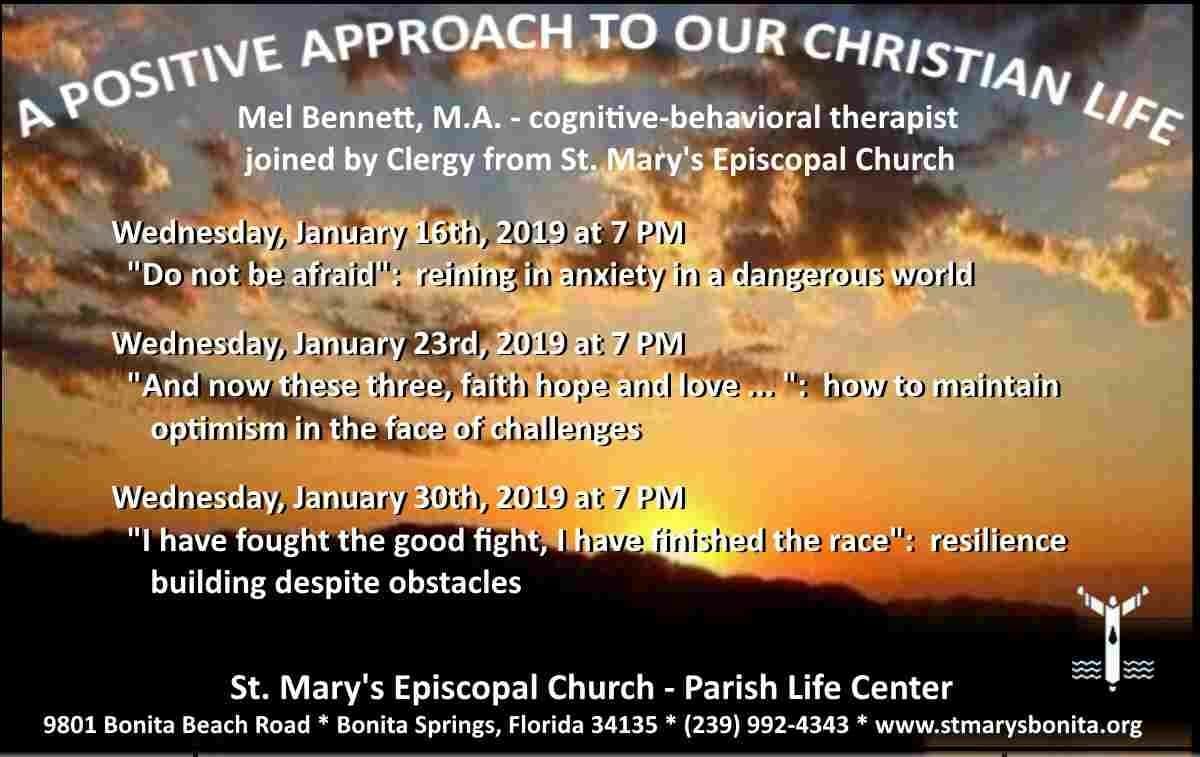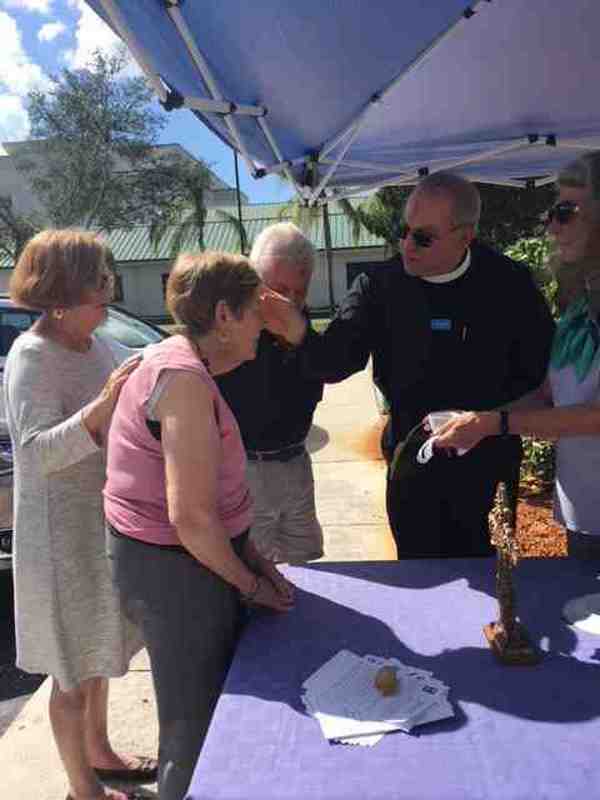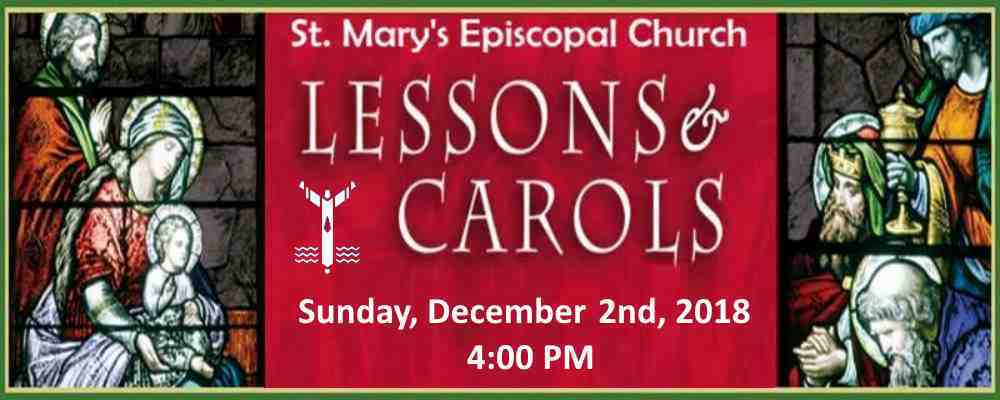In previous Insights Into the Liturgy periodic references have been made to various Early Church Fathers, leaders from those first Christian generations who were responsible for articulating, through the power of the Holy Spirit, such accomplishments as the first liturgies, the Creeds, the Canon of Holy Scripture, doctrine, etc.; as well as defending the faith against various heresies. It is most appropriate, therefore, to refer to some of them for their specific instruction and guidance concerning Confession; which we express each week as part of our Liturgy. Actually, the Sacrament of Penance (or Reconciliation) is one of the seven sacraments of the Anglican/Episcopal Church; and is available to parishioners throughout the year, but most fittingly during the Seasons of Advent and Lent because of their penitential focus and spiritual ascetic.
From the Didache (an anonymous document based on the teachings of the Apostles): “Confess your sins in church, and do not go up to your prayer (the Eucharist) with an evil conscience. This is the way of life…” (A.D. 70).
From St. Cyprian of Carthage: “Of how much greater faith and salutary fear are they who…confess their sins to the priests of God in a straightforward manner and in sorrow, making an open declaration of conscience…” (A.D. 251).
From St. Basil the Great: “It is necessary to confess our sins to those to whom the dispensation of God’s mysteries is entrusted (priests). Those doing penance of old are found to have done it before saints. It is written in the Gospels that they confessed their sins to John the Baptist, but in Acts they confessed to the apostles.” (A.D. 374).
From St. Augustine: “In the Church, therefore, there are three ways in which sins are forgiven: in baptism, in prayer, and in the greater humility of penance.” (A.D. 395).
It is hardly coincidental that the Confession in our Liturgy occurs when it does, just before the Absolution, the Passing of the Peace, and the conclusion of the Liturgy of the Word, followed by the Liturgy of the Eucharist; because through our Confession and the Absolution by the priest, we are now worthy to now partake of the Body and Blood of our Lord and Savior, Jesus Christ. As St. Paul wrote in his First Letter to the Corinthians: “Whoever eats the bread or drinks the cup of the Lord unworthily will be guilty of the body and blood of the Lord.” From the time of the Early Church to the present, our Liturgy has provided the means of grace for the unburdening and forgiveness of our sins; a matter Jesus took so seriously he dealt with it in the Upper Room as one of his last instructions to his apostles: “Receive the Holy Spirit. If you forgive the sins of any, they are forgiven them; if you retain the sins of any, they are retained.” (John 20:2-23) The importance and meaningfulness of this action in the course of our Liturgy is that it heals and renews our relationship with God the Father and his son, Jesus Christ; including worthy participation in the divine mysteries of the Eucharist. To quote another Early Church Father, (Letter of Barnabas): “You shall confess your sins. You shall not go to prayer (the Eucharist) with an evil conscience. This is the way of light.” (A.D. 74).







Leave A Comment